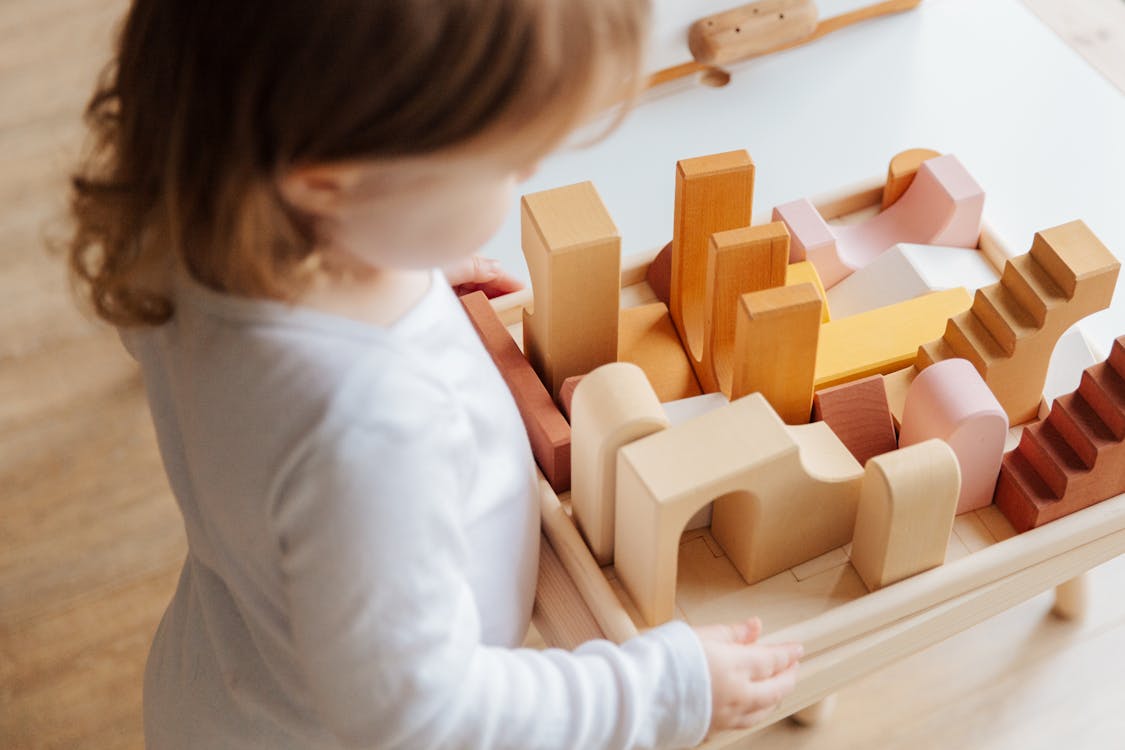Child development is a complex and multifaceted process, marked by various milestones that indicate significant advancements in physical, cognitive, emotional, and social domains. While there is no universally agreed-upon list of specific milestones, there are general stages and achievements that most children tend to reach at certain ages. Here, we'll explore five key milestones across different domains of child development.
1. Motor Skills Development:
Motor skills refer to a child's ability to control movement, both gross motor skills involving large muscle groups and fine motor skills involving smaller muscles, particularly in the hands and fingers. Milestones in motor skills development include:
- Gross Motor Skills: These involve movements such as sitting, crawling, walking, and running. By around 6 months, most infants can sit with support, and by 12 months, they typically achieve independent sitting. Between 8 and 18 months, babies start crawling, pulling up to stand, and eventually take their first steps.
- Fine Motor Skills: These include activities like grasping objects, picking up small items, and manipulating toys. Infants typically begin to grasp objects with their whole hand (palmar grasp) at around 6 months. By 9-12 months, they develop the pincer grasp, using their thumb and forefinger to pick up small objects.
2. Language Development:
Language development involves the acquisition and comprehension of spoken and written language. Milestones in this domain include:
- Babbling: Infants typically start making repetitive consonant-vowel sounds (e.g., "bababa") around 6 months of age.
- First Words: Most children say their first recognizable word between 10 and 14 months, although this can vary widely.
- Vocabulary Expansion: From around 18 months to 2 years, toddlers experience a rapid increase in vocabulary, learning new words at a remarkable rate.
- Sentence Formation: By age 3, children can usually construct simple sentences and engage in basic conversations.
- Grammar and Syntax: As children grow older, they develop more complex language skills, including understanding and using grammatical rules and sentence structure.
3. Cognitive Development:
Cognitive development involves processes such as problem-solving, memory, attention, and reasoning. Key milestones include:
- Object Permanence: Around 6-8 months, infants begin to understand that objects continue to exist even when they are out of sight, a concept known as object permanence.
- Symbolic Play: Between 18 months and 2 years, children engage in symbolic play, pretending that one object represents another (e.g., using a block as a phone).
- Concept Formation: As children approach preschool age, they begin to grasp concepts such as colors, shapes, numbers, and letters.
- Preoperational Thought: Around ages 2 to 7, children exhibit preoperational thought, characterized by egocentrism, animism (attributing human characteristics to inanimate objects), and symbolic thinking.
4. Social and Emotional Development:
Social and emotional development involves understanding and managing one's own emotions, as well as interacting with others. Milestones include:
- Attachment: Infants form attachments to primary caregivers, typically by around 6-8 months, seeking comfort and security from them.
- Empathy: By age 2, children begin to show signs of empathy, understanding and responding to others' emotions.
- Self-Regulation: As children grow older, they develop better self-regulation skills, including the ability to control impulses and manage emotions.
- Friendship: In preschool and early school years, children start to form friendships and engage in cooperative play with peers.
- Theory of Mind: Around age 4 or 5, children begin to understand that others have beliefs, desires, and perspectives different from their own, a concept known as theory of mind.
5. Cultural and Moral Development:
Cultural and moral development encompasses the acquisition of values, beliefs, and moral reasoning. Milestones include:
- Cultural Identity: Children develop a sense of cultural identity as they learn about their own cultural background and traditions.
- Moral Reasoning: As children grow older, they begin to develop a sense of right and wrong based on internalized moral values and societal norms.
- Empathy and Compassion: Through interactions with others and exposure to diverse perspectives, children learn to empathize with others and demonstrate compassion.
- Ethical Decision-Making: By adolescence, individuals develop more sophisticated moral reasoning abilities, considering factors such as intentions, consequences, and moral principles when making ethical decisions.
These milestones provide a framework for understanding typical patterns of child development, but it's essential to remember that every child is unique and may reach these milestones at different ages and in different sequences. Additionally, various factors, including genetics, environment, and individual temperament, can influence the pace and trajectory of development. Regular monitoring and support from caregivers, educators, and healthcare professionals can help ensure that children reach their full potential across all domains of development.

